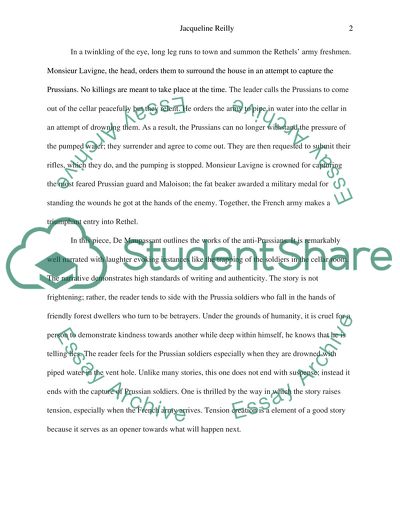Cite this document
(“Short Fiction Term Paper Example | Topics and Well Written Essays - 2000 words”, n.d.)
Retrieved from https://studentshare.org/english/1596853-short-fiction
Retrieved from https://studentshare.org/english/1596853-short-fiction
(Short Fiction Term Paper Example | Topics and Well Written Essays - 2000 Words)
https://studentshare.org/english/1596853-short-fiction.
https://studentshare.org/english/1596853-short-fiction.
“Short Fiction Term Paper Example | Topics and Well Written Essays - 2000 Words”, n.d. https://studentshare.org/english/1596853-short-fiction.


